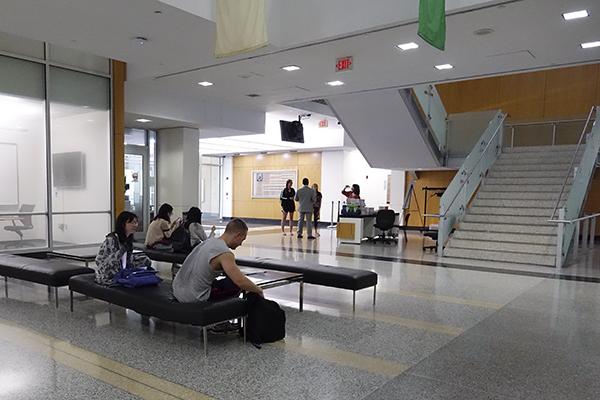GW has continued to receive donations from one of the most controversial billionaires in the political sphere, a new report found.
The Charles Koch Foundation gave $62,000 to GW in calendar year 2013, with the majority funding the regulatory studies center and $12,000 going directly to the School of Business, a University spokesman confirmed. That donation is enough to put GW at No. 16 on a list of at least 23 schools that received Koch money that year.
GW also received $100,000 from the Koch Foundation in 2012. But at many institutions, the donations also come with a catch: In exchange for its philanthropy, the Koch Foundation has been known to set requirements or restrictions on the schools that use its funds.
The foundation, run by ultra-rich brothers Charles and David Koch, has given to hundreds of universities in the U.S. over the years, focusing specifically on public policy and environmental issues. The Koch brothers are collectively worth more than $100 billion and are jointly listed as the sixth-richest person in the world, according to Forbes.
The foundation gave more than $19 million to universities in 2013, according to a Center for Public Integrity report released last month.
George Mason University has received more than $34 million in exchange for running projects like a research and public policy-based think tank. Other schools that received Koch money in 2013 include GW’s peer school Southern Methodist University, which received a donation of at least $192,000, according to the report.
University spokesman Jason Shevrin said the donation supported research and fellowships on campus, and was also included in the University’s fundraising total, which has raised more than $800 million toward its $1 billion goal.
Shevrin declined to comment on the process of getting a donation from the foundation, or whether University officials will solicit gifts from the foundation in the future. He added that more than 200 foundations donate to GW each year.
Connor Gibson, a researcher at Greenpeace who focuses on the impact of the Koch brothers’ gifts, said the brothers can use their donation dollars as a way to shape students’ education.
Gibson said the Koch brothers’ donation to GW’s regulatory studies center is “concerning” because of their strong political views. They are known to oppose government intervention and policies related to environmental protection because “they have a long history of regulations biting them in the ass,” he said.
Gibson added that students at schools like George Mason University have complained of Koch-funded professors who have taught that climate change and acid rain do not exist.
“Our concern is that these contract stipulations that require a professor to prioritize a certain perspective is no doubt limiting what students are taught based on the ideologies of the donor,” he said.








